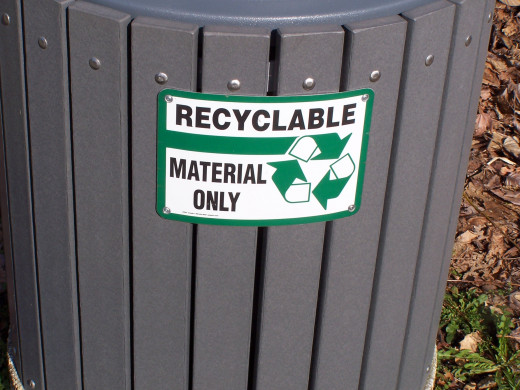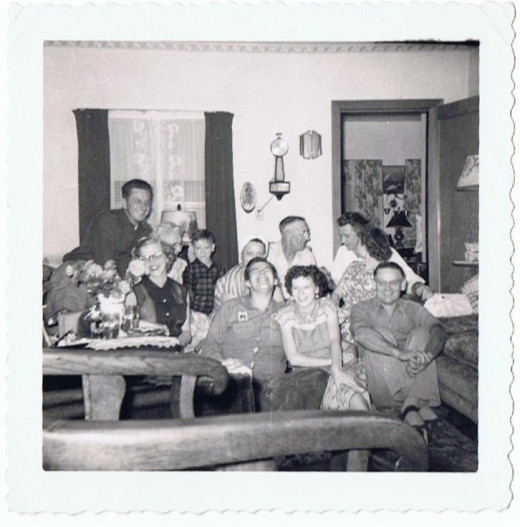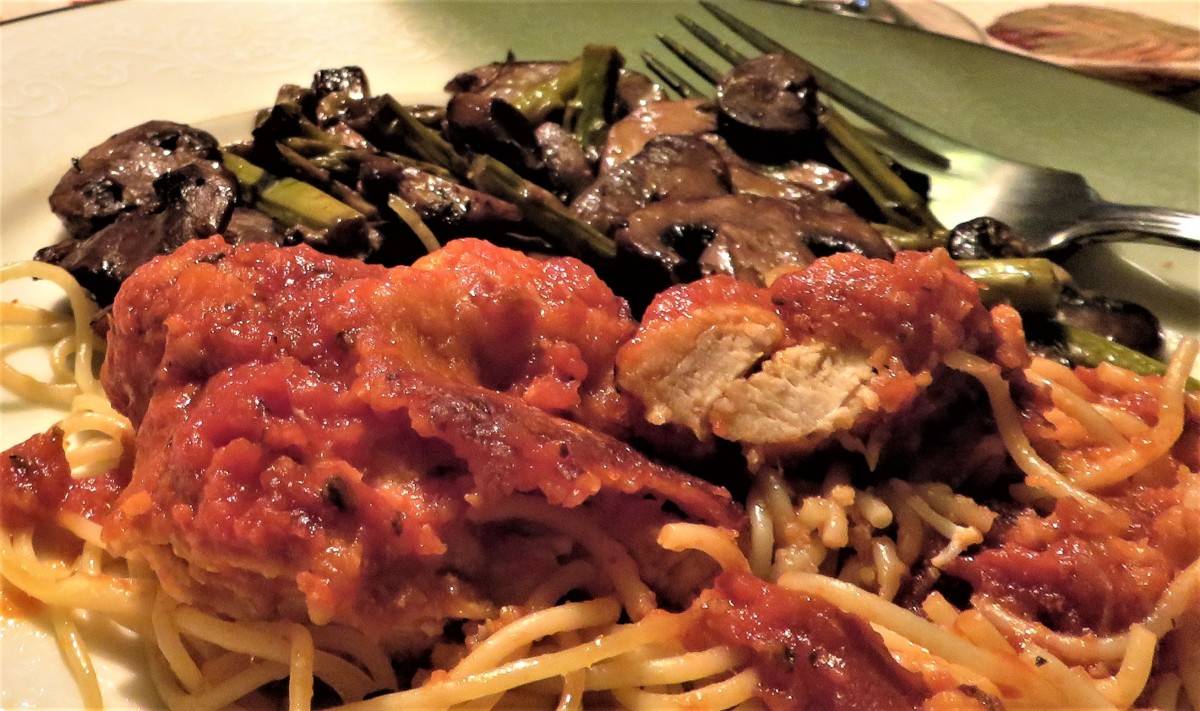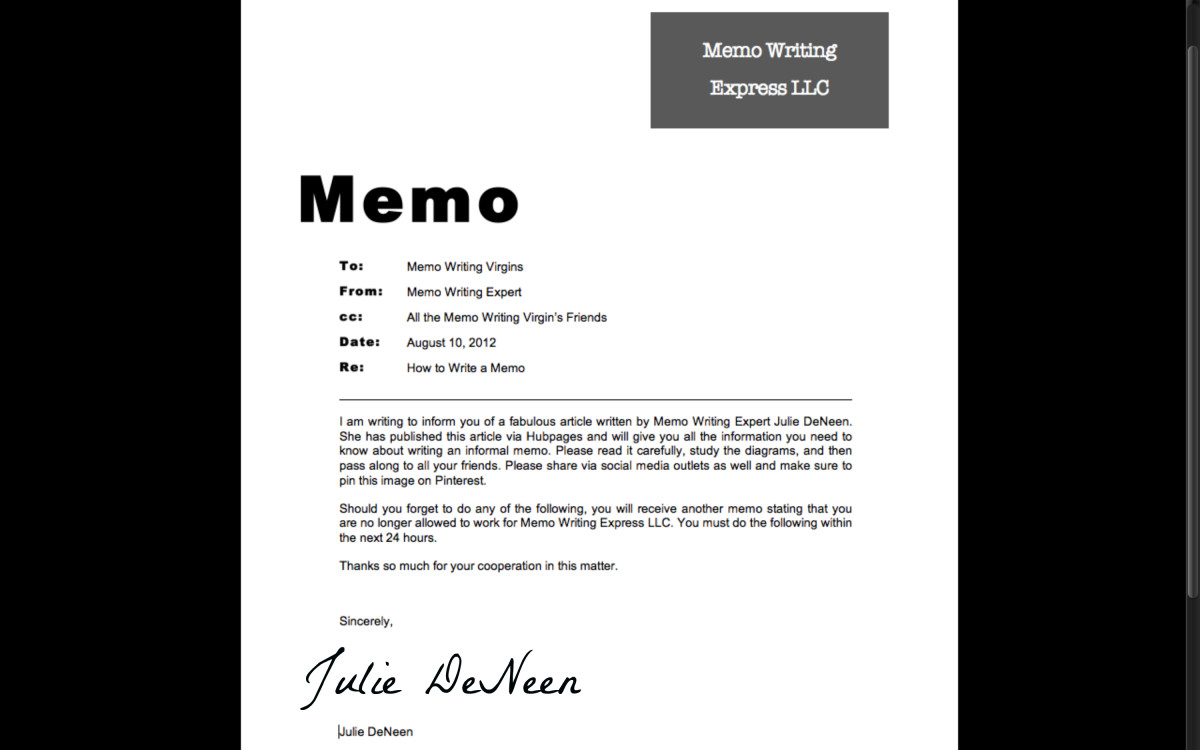How to Write a Recipe Article that Will Read Deliciously
A Few Thoughts Before We Begin
Despite what some may think, I have nothing against recipe articles. They don’t interest me, but I don’t hate them. I don’t turn up my nose at writers who write recipes. Writers are writers are writers. We are all communicators. We are all recorders of history, and our words paint a picture of our current culture, and as such, recipe writers have their place in that culture and I applaud them.
No, I am not disgusted by recipe articles.
However, I AM disgusted by the mundane and poorly-written. I AM disgusted by those who do not take the time to do their best, because I think writers have a responsibility to society. You may find that foolish, but it is what I believe. It is what I taught back in my school-teaching days, and it is what I teach today through my articles.
We all have a responsibility to do our best work.
There are many of you out there. I know because I see your recipes come across my online feeder hourly. How to Make Meatloaf…..How to Make Lasagna….How to Gag Your Family with Boring Tortellini…..every single day, the same old same old.
Quick….let’s do a Google search on how to make meatloaf…..6,730,000 hits.
Quick….let’s do a Google search on how to make lasagna…….13,700,000 hits.
Quick….let’s do a Google search on how to gag your family….13,600,000 hits….WHAT?????
Ignore the gagging your family thing for a second, and look at the other two search results.
You have your work cut out for you. I wish you well. May the writing gods smile down upon you. I don’t think they will, but I wish it nonetheless.

Here’s the Thing
Everybody and their mother write recipes. Okay, a bit of an exaggeration, but obviously, from the Google stats, there are many writers out there who do this sort of thing, so we begin with the knowledge that you have a lot of competition in this recipe genre.
Now, history is filled with one-hit wonders, so I’m not saying you won’t find some success writing bland recipes. The sun is bound to shine on any dog’s butt from time to time, but will it shine continuously? Only you can determine that, and that’s the whole point of this article.
Find a new approach and the sun will shine on your butt more often than not.
I’m going to present two examples to you. The first will be a random recipe I grab from the internet by some writer who uses Blog Chef as an online name. Here is how her article begins:
“If you are wondering how to make chicken parmesan than this recipe is perfect for you. Chicken parmesan makes a delicious dinner and it is not hard to prepare at all. If you are not familiar with chicken parmesan, it is breaded chicken baked and topped with marinara sauce and mozzarella cheese. This recipe does require a little bit of work breading and preparing the chicken for baking but it is well worth it. This dish is typically either baked or fried in the pan but I prefer a combination of both. The breaded chicken is first browned in oil and then placed into the oven to finish the cooking process. You can either use store bought marinara sauce or even make your own if you choose. Chicken parmesan goes great served with linguini topped with extra marinara sauce. Enjoy.”
She then goes on to give the specifics of the recipe, which I won’t bore you with.
I don’t know Blog Chef. I don’t have a vendetta against her, and I know nothing about her real ability as a writer, but I have to assume….I at least hope….that she can do better than this. She lost my interest with the first sentence. Of course I’m wondering how to make chicken parmesan, for God’s sake! That’s why I Googled the damned recipe.
This is really pretty poor writing, and I can promise you…I make this solemn vow…that I will never again read anything by Blog Chef.
Now let’s take a look at a different approach to this recipe-writing exercise.

From a Writer Known As Liz
This excerpt is from “Tales from Grandma’s Kitchen,” and it is a different recipe for chicken parmesan:
“Grandma was always happiest in the kitchen. As her guest, she was ready to feed you. But her hospitality had a militant edge to it--no one could eat enough to satisfy her need to feed.
Five minutes into Christmas dinner she'd start calling us out. Her frustrated outbursts always the same:
"Eat! Aren't you hungry?"
"I cooked all this food and you people won't eat."
"What, are you afraid you're going to gain an ounce?"
My grandmother's signature creations included the baked macaroni with a crispy top, the pork chops with rice and ketchup gravy, the shaved carrots she burned on purpose, and the hamburgers that were really meatloaves formed into patties.
But everyone's favorite was her chicken parmesan. She pounded the cutlets thin, then fried them in an egg and bread crumb coating for several minutes. Her from-scratch tomato sauce simmered all day long. Buying a jar of the store-bought stuff was against her personal code of ethics (and we were okay with that).
The cutlets sat in a casserole dish between mounds of sauce and handfuls of mozzarella, a cheese always pronounced with an Italian accent. The dish cooked in the oven for anywhere between a half hour to an hour and a half. Several loaves of oven-toasted garlic bread completed the feast.
And we were expected to eat those, too.”
Liz then goes on to share the recipe.
Join me on my writing blog
- William Holland | Helping Writers to Spread Their Wings and Fly
Tips, discussions, and all things related to writing
So, What’s the Difference Between the Two Recipes?
The first, of course, is a straightforward recitation of the basics. The writing is elementary at best. It is just a statement of facts, and about as interesting as toast without butter or jam.
The second has a personal touch. Liz recognizes that she is writing to human beings, and she uses that fact to appeal to our senses. I can see, in my mind’s eye, her grandmother’s kitchen. I can smell the food cooking. I can hear her grandmother chastising, imploring, and spreading love with her words.
The five senses that we all share are vitally important when writing a recipe article. You want your readers to experience as much of that dish as possible through your words. Liz did that; Blog Chef did not.
Liz did one more thing that was very important: she used her family memories as a catalyst to awaken our own family memories. She used a very personal vignette that we all could relate to, and when writing articles about mundane and bland subjects, this is a deal-breaker.

So Here’s the Bottom Line
Find a new approach!
Do not settle for the mundane!
Go the extra mile!
Will it make a difference in your views for one article? Maybe, and maybe not, but I’m assuming you do not want to be a one-hit wonder. I’m assuming you want prolonged success, and a fresh approach gives you a real chance at attaining that success.
Let me put it another way: do you want to be one of the 13,000,000 who write run-of-the-mill recipes that may or may not show toward the top of a Google search, or do you want to write unique recipe articles that people will search for because your name is attached to it?
Seems pretty obvious now, doesn’t it?
2014 William D. Holland (aka billybuc)
“Helping writers to spread their wings and fly.”









